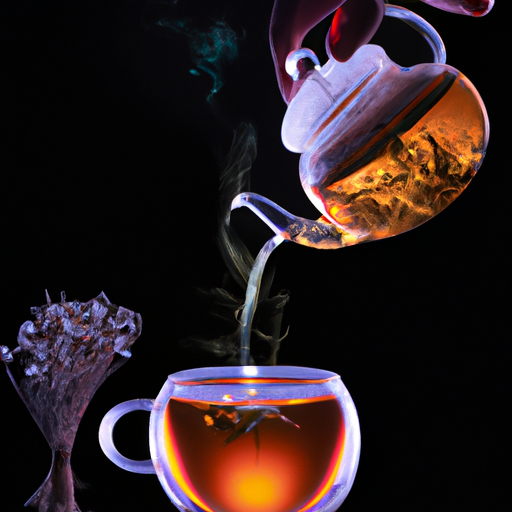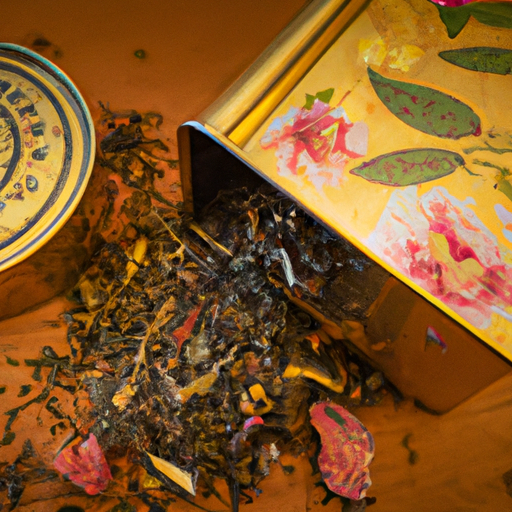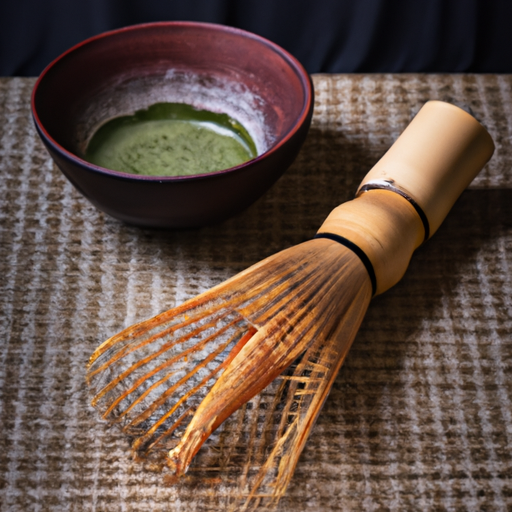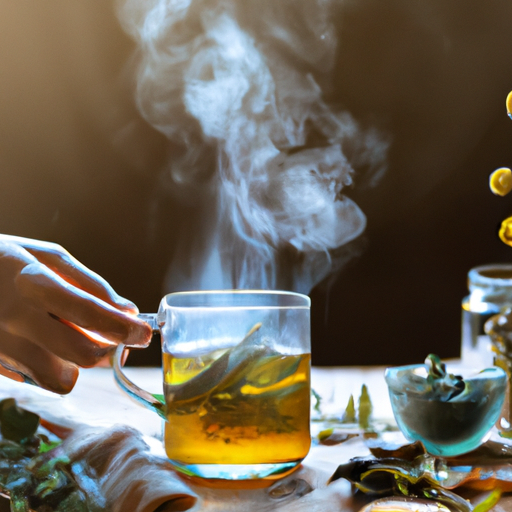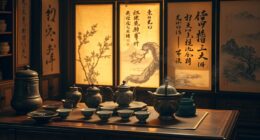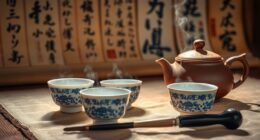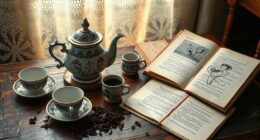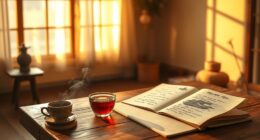I know what you’re thinking. Herbal tea? Isn’t that just a bunch of leaves and flowers in hot water? Well, my friend, let me tell you that brewing the perfect cup of herbal tea is an art form. It requires patience, precision, and a little bit of know-how. But fear not, because I am here to guide you through the process with my tips and guidelines.
Herbal tea is not your average cup of tea. It’s a delightful blend of herbs, spices, flowers, and fruits that offers a plethora of flavors and health benefits. And the best part? It’s caffeine-free! So, whether you’re looking to unwind after a long day or boost your immune system, herbal tea has got you covered.
In this article, I will walk you through the steps of brewing herbal tea like a pro. From the importance of using fresh spring water to the perfect steeping time, I’ll cover it all. We’ll also explore different types of herbal tea and the unique brewing techniques they require.
So, grab your favorite mug, sit back, and get ready to embark on a journey of flavor and relaxation. Let’s brew the perfect cup of herbal tea together.
Key Takeaways
- Herbal teas are usually caffeine-free and can be made with a variety of herbs, spices, flowers, and fruits.
- Brewing herbal tea requires boiling or nearly boiling water and a longer steeping time compared to black tea.
- Guidelines for brewing herbal tea include using fresh spring water, preheating the mug or teapot, using at least 1 teaspoon of tea leaves per cup of water, and steeping for at least 5 minutes.
- Some herbal teas can be boiled instead of steeped, and special attention should be paid to lavender, orange peel, and unique eastern herbs in terms of brewing time and temperature.
How to Brew Herbal Tea
I usually brew herbal tea by boiling fresh spring water and using at least 1 teaspoon of tea leaves per cup of water. I add the water and cover it with a lid to steep for at least 5 minutes before straining.
Herbal tea blends are a wonderful way to enjoy the benefits of herbal tea. They can be made with a variety of herbs, spices, flowers, and fruits, each offering their own unique flavors and health benefits.
Common herbal tea blends include chamomile and lavender for relaxation, peppermint and ginger for digestion, and hibiscus and rosehip for immune support.
Herbal teas are caffeine-free, making them a great option for those looking for a soothing and natural beverage. So next time you brew a cup of herbal tea, remember to choose your favorite blend and enjoy the many benefits it has to offer.
Types of Herbal Tea
When exploring the world of herbal tea, one can discover a wide variety of flavors and aromas, ranging from soothing chamomile to invigorating mint. Herbal teas not only offer a delightful taste experience but also come with numerous health benefits.
For instance, chamomile tea is known for its calming properties and can aid in sleep and relaxation. Peppermint tea, on the other hand, is refreshing and can help with digestion. Each herbal tea has its unique flavor profile and potential health benefits.
Lavender tea is fragrant and can promote relaxation, while ginger tea is spicy and can aid in digestion and reduce nausea. By exploring different types of herbal teas, one can find the perfect flavor and health benefits to suit their preferences and needs.
Brewing Techniques
To achieve the best flavor and aroma, it’s important to master the art of brewing herbal tea. Here are some tips to help you brew a perfect cup:
-
Steeping vs boiling: Which method is best for brewing herbal tea? Most herbal teas can be steeped with boiling or nearly boiling water. However, some herbs can be boiled instead of steeped, like lavender or unique eastern herbs. Pay attention to the specific instructions on the label for each herbal tea blend.
-
The importance of water temperature in brewing herbal tea: The best temperature for brewing herbal tea is 212°F. Let the water cool for a second before pouring to avoid scalding the delicate herbs. Follow the recommended temperatures and steeping times for each herbal tea blend or the most delicate ingredient.
By following these guidelines, you’ll be able to brew a delicious and satisfying cup of herbal tea every time.
Frequently Asked Questions
Can I reuse the herbs for a second steeping?
Yes, you can reuse the herbs for a second steeping. There are benefits to double steeping, such as extracting more flavor and nutrients. However, the second steeping may be weaker than the first.
How do I store herbal tea to maintain its freshness?
Storing herbal tea properly is like preserving a delicate flower. To extend its shelf life, store it in airtight containers away from light, heat, and moisture. Avoid reusing herbs for second steepings to maintain freshness.
Can I mix different types of herbal tea together?
Yes, you can mix different types of herbal tea together. Mixing herbal tea blends allows you to create unique flavor combinations and enjoy the benefits of combining different herbs. It’s a great way to explore new tastes and experiment with your tea brewing.
Can I add milk or cream to herbal tea?
Yes, you can add milk or cream to herbal tea. However, it may alter the taste and medicinal properties of the tea. Instead, try alternatives like almond milk, coconut milk, or honey for a creamy and flavorful twist.
Are there any herbal teas that should not be consumed by pregnant women?
Pregnant women should avoid certain herbal teas, such as those containing caffeine or herbs like chamomile, peppermint, and ginger, which may affect pregnancy. However, herbal teas for menstrual cramps and breastfeeding mothers can be beneficial if chosen carefully.
Conclusion
In conclusion, brewing the perfect herbal tea requires patience, precision, and a passion for flavor. By following the guidelines and techniques mentioned in this article, you can create a tantalizing cup of tea that’s both refreshing and relaxing.
Remember to pay attention to the brewing time and temperature, as well as the specific instructions for different herbal tea blends. So, seize the opportunity to savor the soothing sensations of a splendidly steeped herbal tea and let your taste buds tingle with delight!

